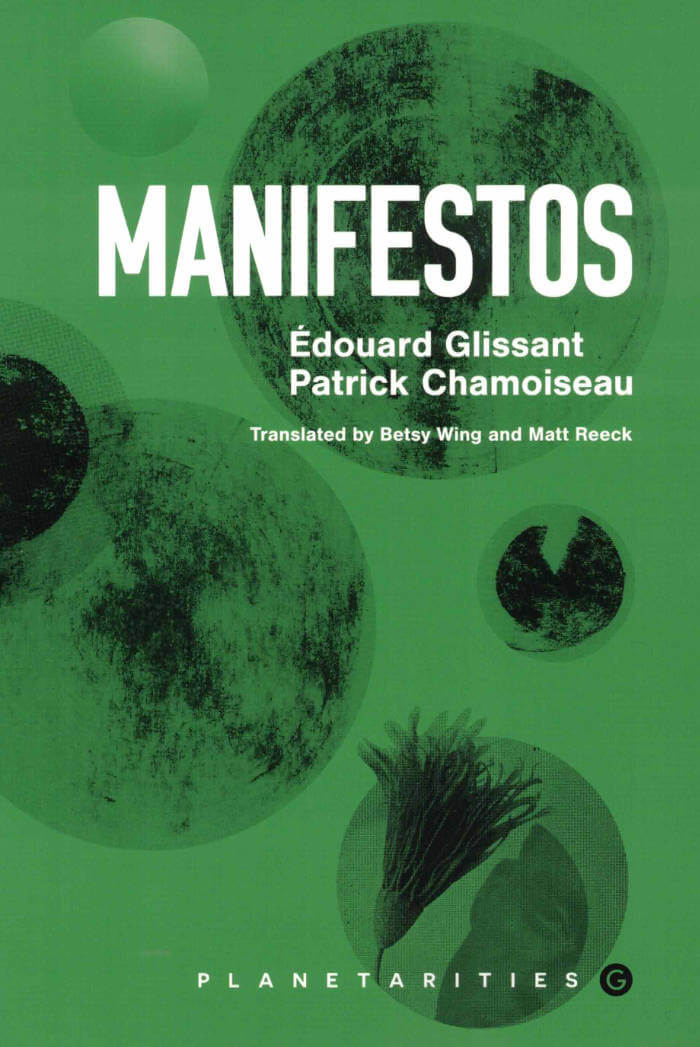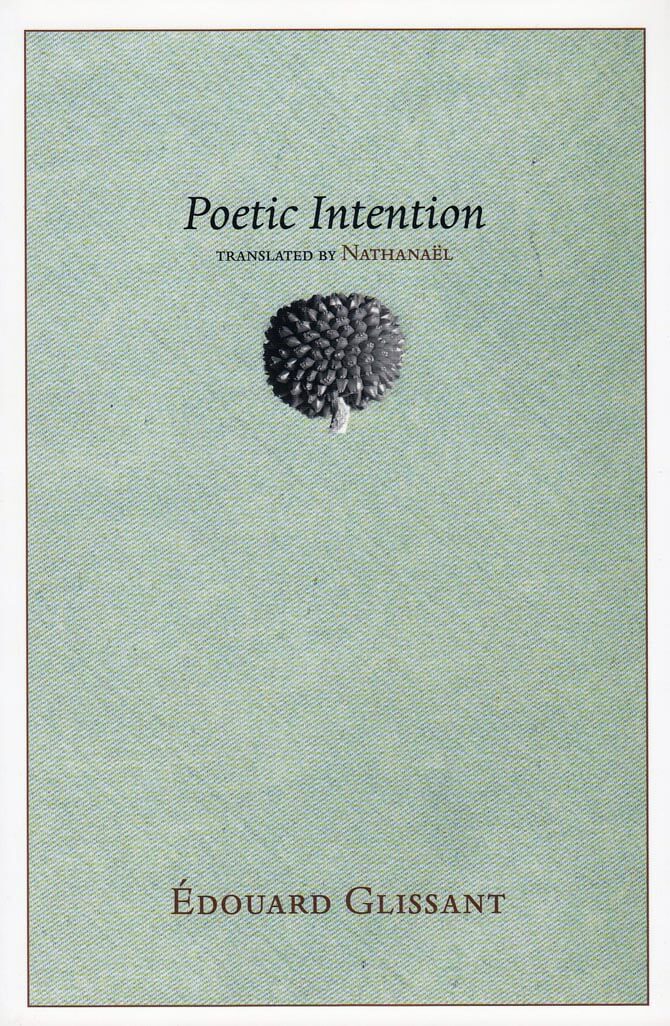Édouard Glissant
Édouard Glissant’s novels, closely tied to the theories he developed in Poétique de la Relation (Poetics of relation), are rich explorations of a deported and colonized people’s loss of their own history and the ever-evolving social and political effects this sense of groundlessness has caused in Martinique. In Mahagony Glissant identifies both the malaise of and the potential within Martinican society through a powerful collective narrative of geographic identity explored through multiple narrators. These characters’ lives are viewed back and forth over centuries of time and through tales of resistance, linked always by the now-ancient mahogany tree.
Attempting to untangle the collective memory of Martinique, Mathieu, the contemporary narrator, creates a conscious history of these people in that place—a record that unearths the mechanics of misrepresentation to get at the fundamental, enduring truths of that history, perhaps as only the mahogany tree knows it.
Translated by Betsy Wing




